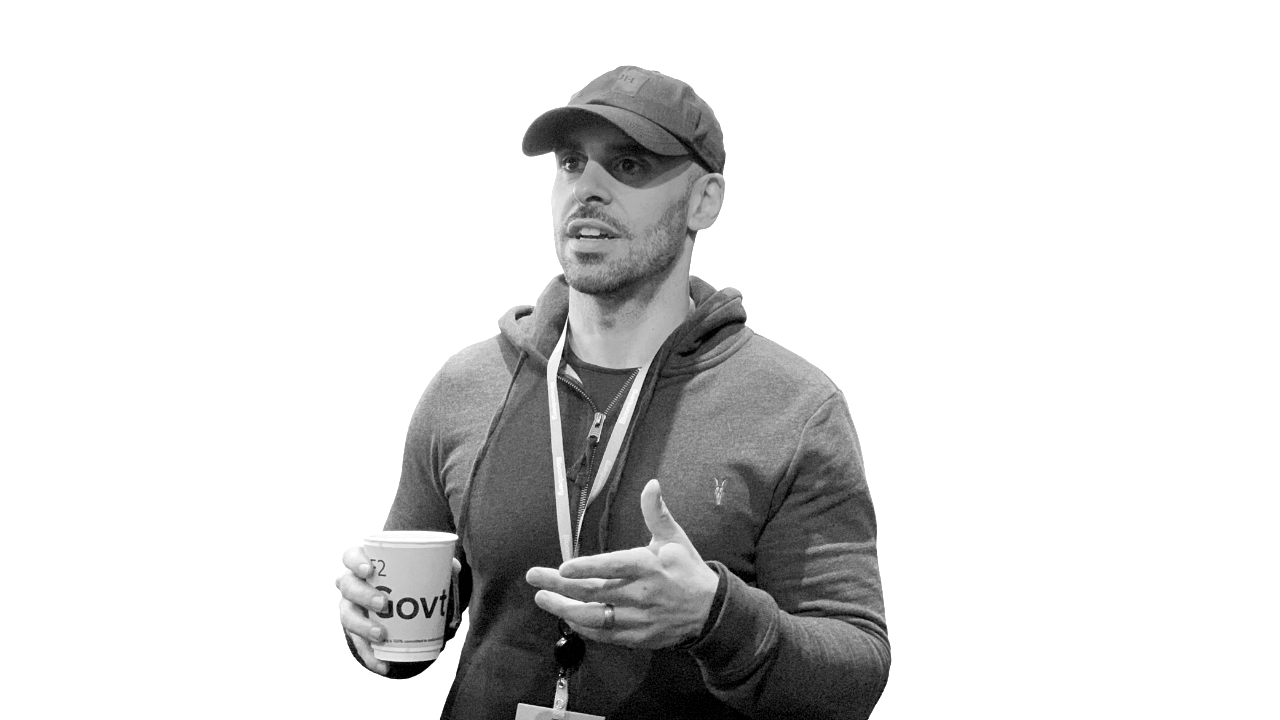Learn about purchasing for teams
How to Coach Your Team to Run Daily Scrums Without You

Circa 2013, working as a Scrum Master in London, I decided to run a litmus test with a team I worked with. I’d book the morning out and the following day I asked the team how the Daily Scrum went. “We decided we’d do it when you were back in, Jem”.
Ah! “But the Daily Scrum is for you as a Scrum team, it’s not for me”, I thought.
But just telling the team was not going to fix it! So I began to reflect on what I could do to serve the team better. After a number of experiments and similar experiences with different teams I began to recognise that certain things help teams take ownership of the Daily Scrum, with me present - or not!
Refresh on the why
If we want teams to turn up to the Daily Scrum we benefit from refreshing the team on the purpose of the event. I’ve joined teams who have already incorporated the Daily Scrum in their routine but haven’t had the opportunity to explore the purpose it serves. Consider a refresh on the ‘why’ behind this event to help teams connect to the purpose of the Daily Scrum. The act of going back to basics and raising awareness on how the Daily Scrum is an integral opportunity to inspect and adapt as a team can be a useful place to start.
Pull over push
It’s possible that teams have been forced (this can be known as a ‘push’) to use the Daily Scrum and this shows up as a lack of desire to turn up when the Scrum Master is not around. To begin to remedy this, we can create engagement through inviting (also known as a ‘pull’) the team to the Daily Scrum, which allows people to act on their own volition. It’s possible some team members may not show up at first, however through those peers who did attend and had a positive experience, we can encourage them to share this with our other peers. This will also incentivise the team to self-organise as it’s possible that they’ll need to share information from the Daily Scrum with those peers who didn’t make it off-line.
Fine-tune to keep engagement
When our Daily Scrum takes too long, team members can feel disengaged and in-turn feel less enthusiastic. I will lightly touch on a couple of common reasons for a lengthy Daily Scrum and what we can do to create deeper meaning and connection to the event:
- Attempting to fix vs surface a challenge
The Daily Scrum is best used to raise issues/challenges, to find out who can help and then off-line that discussion. Support and encourage peers to find the sweet spot where engagement is high. Team members helping one another to off-line solution conversations can really help. - Dynamic collaboration vs waiting for the event
Waiting for the Daily Scrum as the main means to collaborate on Sprint work can create a snowball effect where everything comes out at the Daily Scrum. Instead, support peers to explore what’s needed for dynamic communication throughout the day. This could be working policies and/or a selection and usage of tools.
Initiate; Don’t conduct
When it’s time for the Daily Scrum we can lead by example through standing in the actual spot of the Scrum, sending a playful meme in Slack or whatever means we need to say, “Hey all, it’s that time!”. Once the team gather round, make it a weekly habit to say you’ve got to run and you’ll leave the team to it. This is a great way to kick start the event and normalise the team to take full ownership in running the Daily Scrum. Provide support for the team by checking how they got on and offer tips on facilitation to build confidence for each willing team member.
Playback impact
On a handful of occasions, I’ve been curious to see what would happen when a new team was not reminded to run the Daily Scrum, on one occasion a team went three consecutive days! This served as an interesting discussion at the Retrospective. I took this opportunity to reflect back on what I observed and I asked the team to explore the impact. Did it help or hinder our ability to deliver the sprint goal? Did we manage to identify challenges and blockers as effectively without the Daily Scrum? This normative experience can really help teams see value for themselves and take ownership of the event.
Related article: How to measure Scrum Success
Courage to be vulnerable
As a Scrum Master when we ask for help from the team it can really increase the chances of any event being embraced and owned by the team. I remember a team who were at first tentative about the Daily Scrum when I was not available to facilitate and, in a Retrospective, I was open about my needs. I emphasised that to give the framework a chance to help us improve, I welcomed support for the team to try it for themselves. This could be done when I was fulfilling my other services as a Scrum Master (to the Product Owner and Organisation).
Conclusion
It’s really important to remember that no team is ever the same. If there is something which has been useful to me, in most cases it’s been a curious, playful, and experimental approach in helping teams to learn to take ownership of the Daily Scrum.

About the Author
Jem Jelly is a seasoned Agile & Scrum Coach who has served over 100+ teams & 30+ organizations in the last 15 years. His experience in coaching is well rounded, from coaching teams at the coal face to guiding leadership on how to engage their workforce to refresh, begin or adapt their Agile transformation. His belief in servant leadership & enthusiasm for evidence-based thinking results in an approach that engages both hearts and minds during any change process.
Related Video










